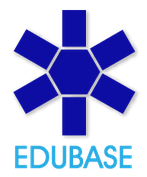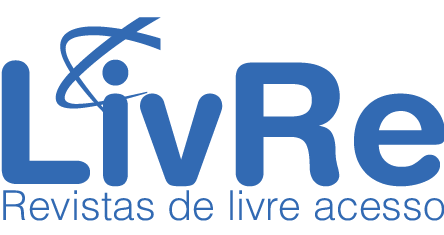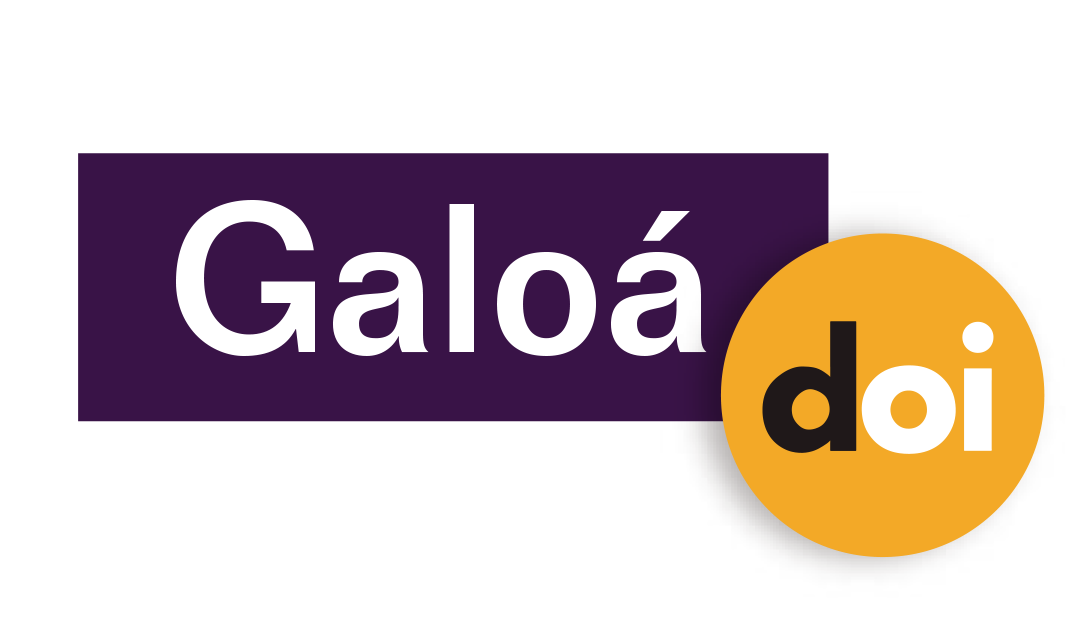Evidence of Content Learning Through Animations Developed Based on the Cognitive Theory of Multimedia Learning
Resumo
Background: Considering cognitive limitations is essential for learning, as it provides subsidies for developing methodologies that successfully facilitate and help the learning process. Objective: We start our research by asking: “Does a video lesson containing an animation developed based on the cognitive theory of multimedia learning promote positive effects on student learning in terms of content retention and transfer?” seeking to answer it based on data analysis. Design: Four animations containing the narration of two different contents were produced, two with and two without cognitive overload. The research team employed forms with questions about the animations to analyse the retention and transfer of the critical content to be learned in the animations. Setting and Participants: Undergraduate students were divided into two groups to watch the animations and answer the research questions. Data collection: After analysing the participants’ answers, we calculated the effect size (Cohen’s d). Results: The tests of retention and transfer of content were compared with the values obtained in the calculus of the effect size between the participating groups. Conclusions: The animations that followed the cognitive theory positively contributed to learning, collaborating with the thesis that one should seek to understand and regard cognitive processing.
Palavras-chave
Learning; Multimedia; Cognitive; Effect size
DOI: https://doi.org/10.17648/acta.scientiae.6710
Apontamentos
- Não há apontamentos.
Direitos autorais 2023 Rodrigo Rosalis, Samuel Rocha de Oliveira

Esta obra está licenciada sob uma licença Creative Commons Atribuição 4.0 Internacional.
ANÚNCIOS
Informamos que, a partir de outubro de 2024, a revista Acta Scientia volta a aceitar submissões de artigos para publicação.
Mais, informamos que sites fraudulentos, https://periodicos-ulbrabr.org e https://periodicos-ulbrabra.org, estiveram se passando pela Acta Scientiae, utilizando nosso nome e identidade visual e até solicitado taxas de APC, que nós não cobramos. Aconselhamos cautela para evitar serem enganados por sites semelhantes.
Conceito A2 na Capes(2021)
Índice h5 do Google Scholar: 13
Índice mediana h5 do Google Scholar:24
eISSN: 2178-7727
Indexações:
A Acta Scientiae é indexada em: | Scopus |  | Latindex |  | Edubase (SBU/UNICAMP) |
 | Sumarios.org |  | Google Scholar |  | Portal LivRe (CNEM) |
 | Journals for Free |  | REDIB |  | Galoá DOI |

Todos os trabalhos publicados aqui estão sob uma licença Creative Commons - Atribuição 4.0 Internacional.
